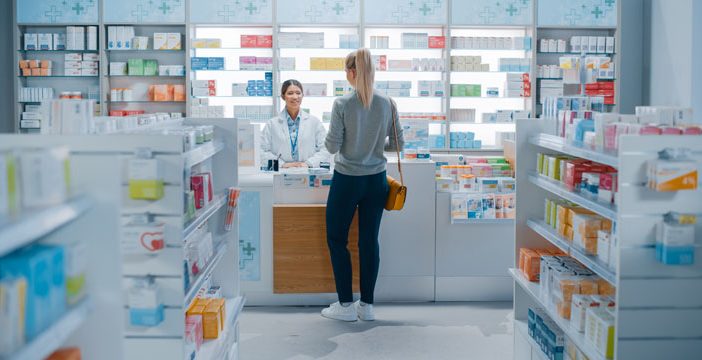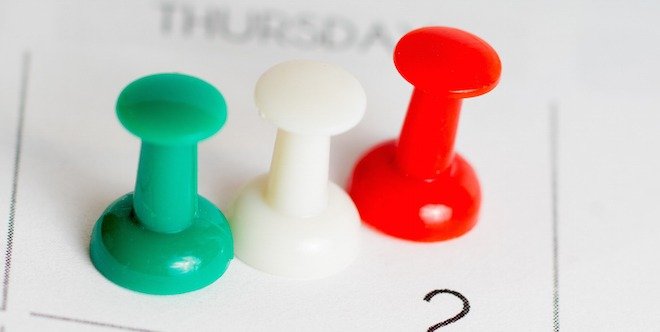
Do you use two or more pharmacies for your prescriptions? This often happens when you have prescriptions from the hospital, a clinic or specialist health care professionals as well as prescriptions from your regular doctor. But if you do this, you’re not getting the most out of your pharmacist.
Check out these five good reasons to stick with one pharmacy.
Reason 1: You’re better protected from drug interactions
When you stick with one pharmacy, the pharmacist can check your prescription list for any possible drug interactions. If they find any cause for concern, they can talk with your doctor and recommend alternative options.
Doctors recognize the specialist knowledge that pharmacists have when it comes to medications and will welcome the expert eye that is being kept on your mix of prescriptions.
Reason 2: You avoid therapy duplication
Therapy duplication can be dangerous as well as unnecessary and potentially costly. By sticking with one pharmacy, you can feel confident that your pharmacist will catch any duplications. If necessary, alternative options will be recommended.
Reason 3: Your pharmacy can simplify therapy options
If you are taking a number of medications, it may be possible to combine some therapies in a single pill. Taking a single combination pill can be much more convenient – and sometimes less costly – than taking different drugs.
Most pharmacies can coordinate your timing for refills to lessen the number of trips to the pharmacy – this is called medication synchronization. When your pharmacist is responsible for all your prescriptions, they are in a better position to suggest options like this.
Reason 4: You can count on thorough and ongoing medication support
When you stick with one pharmacy, your pharmacist can provide full information about all the drugs that have been prescribed. This can include information about the purpose of each drug and about the recommended scheduling of doses. The pharmacist can also discuss potential side effects from drug interactions, including advice on what to do if these occur.
In most provinces, this advice can expand into a comprehensive one-on-one medication consultation. Ask your pharmacist if they offer this service. If so, be sure to take a list of questions with you, including questions about whether to stick to the medication schedule if you become ill.
For additional information, you may find it helpful to read our article Questions to ask the pharmacist about diabetes medications.
You can also turn to your pharmacist for help with your medication schedule. For example, your pharmacist can draw up a daily schedule and can arrange convenient options like blister packs. These are sealed packs that contain the required medications for a single day in a single pack.
If you prefer, you can draw up your own medication schedule, using the tool provided in the Self-Management Resources section of this site.
Your pharmacist can also help with medication challenges by providing solutions like easy-open bottles and extra-large instruction text on labels.
Reason 5: You can take advantage of ongoing diabetes management support
When you develop a relationship with one pharmacist, you can take advantage of a range of special services for people with diabetes.
Pharmacists provide many services that can be of great value to people with diabetes. This is particularly true of pharmacists who are Certified Diabetes Educators (CDE).
Some of these services can include:
- Help in understanding blood glucose testing and selecting blood glucose meters
- Management of hypoglycemia (low blood sugar) and hyperglycemia (high blood sugar)
- Healthy eating and physical activity information
- Foot care recommendations
- Diabetes education sessions
- Referrals to other diabetes healthcare professionals such as dietitians



